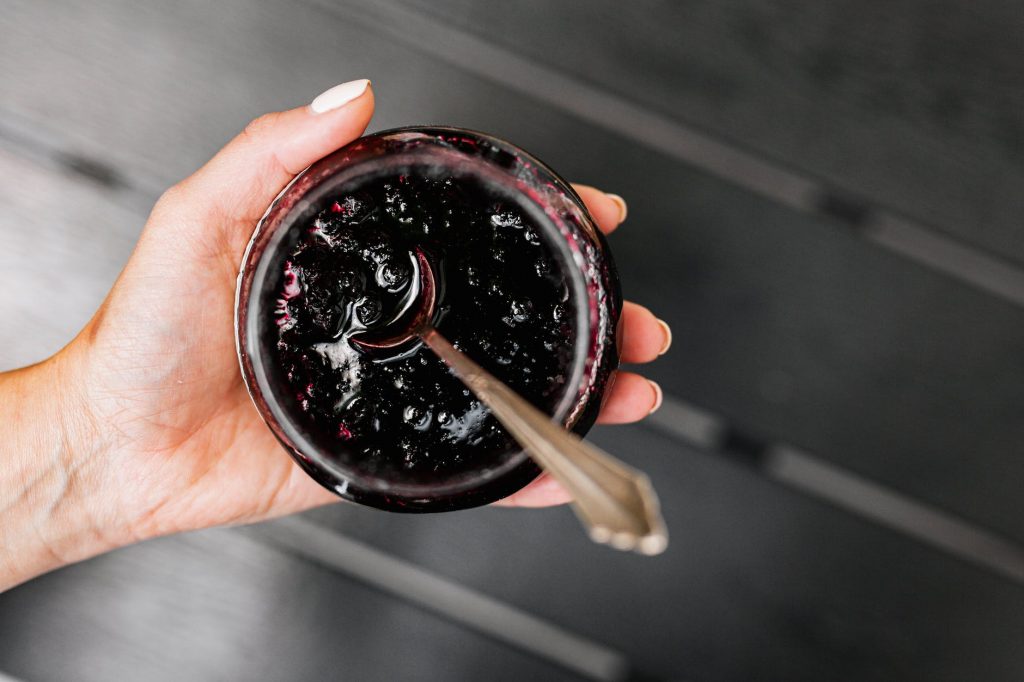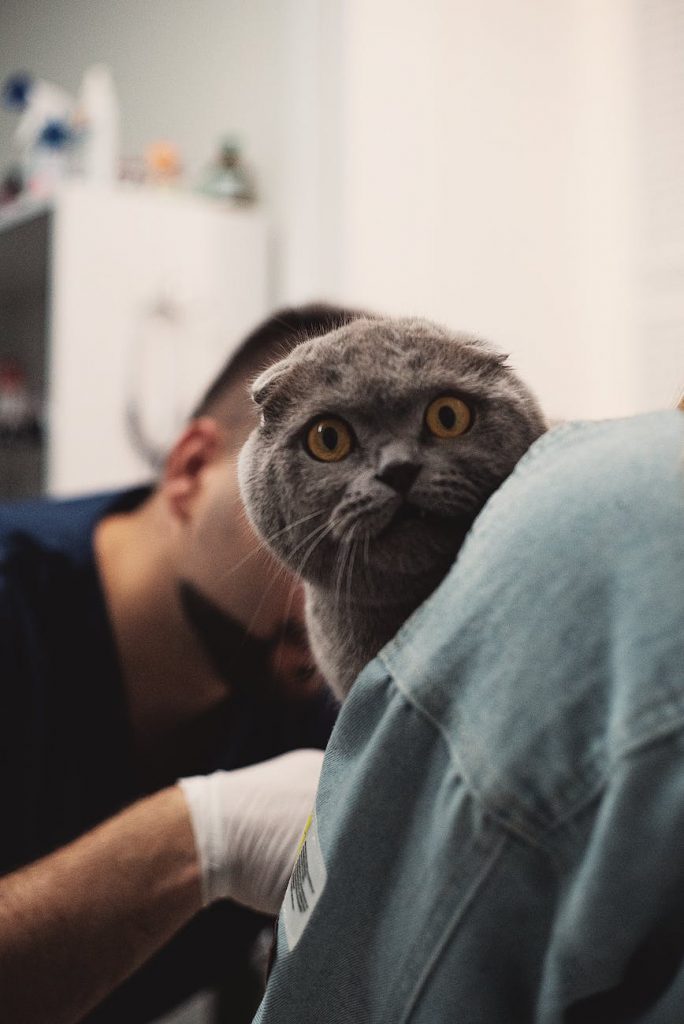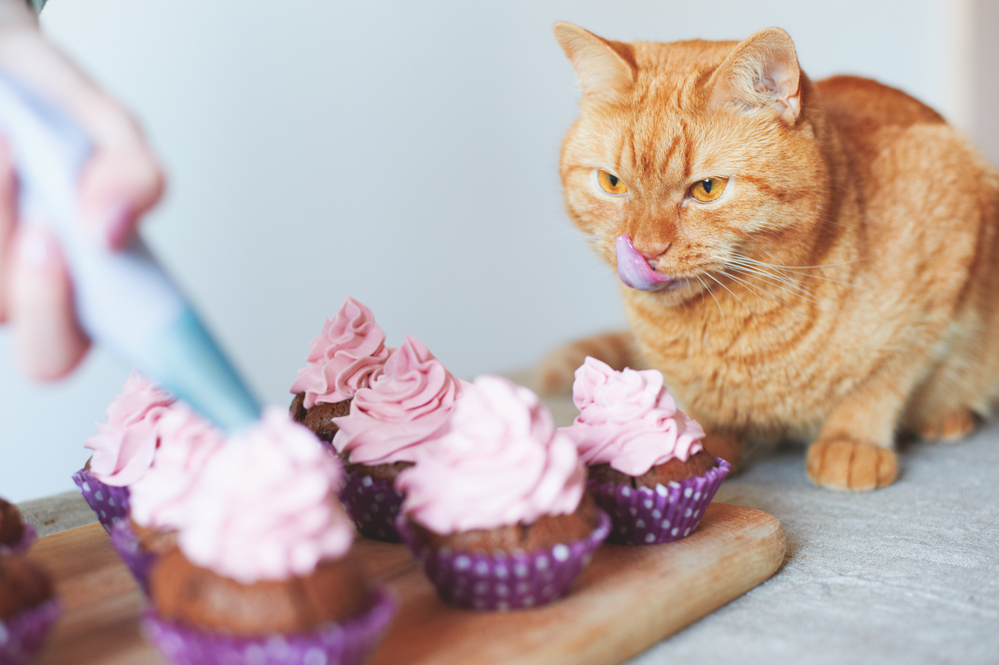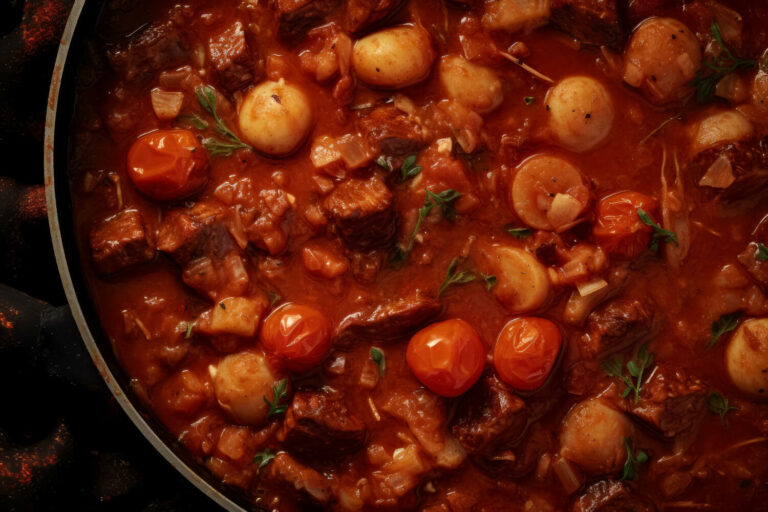Can Cats Eat Blueberries? And If So, How Much?
I’ve recently started incorporating fruits into my cat’s diet and thought of berries. Did you ever think about what happens when your feline friends start eating blueberries? Can cats eat blueberries? Well, here’s what I found out after doing a bunch of research.
Cats can eat blueberries. These tiny fruits are packed with antioxidants that are beneficial to your cat. However, too much can lead to some negative effects.
To find out more about cats and blueberries, keep reading:
Do cats like blueberries?
Cats love blueberries! In fact, they’re one of the few fruits that cats will actually eat. And there’s a good reason for it – blueberries are packed with nutrients that are great for your cat’s health.
Are blueberries good for cats?
Blueberries are safe for cats to eat. In fact, they can be a healthy and delicious treat for your feline friend. They are packed with nutrients and antioxidants that can help support your cat’s health in many ways.
Blueberries are a good source of vitamins A and C, as well as fiber. They also contain antioxidants, which can help protect your cat’s cells from damage.
In addition to boosting the immune system, the berries have also been linked with other health benefits such as improving heart health, cognitive function, and blood sugar control.

Are blueberries poisonous to cats?
Blueberries are not toxic to cats. In fact, they can be a healthy treat for your feline friend! Now, while they are safe for cats to eat, there are a few things you should keep in mind when feeding them to your feline friend.
First, the fruit should only be given as a treat and not make up the bulk of your cat’s diet. Second, some cats may be allergic to blueberries so it’s important to watch for any signs of an allergic reaction (such as itching or swelling) after eating them.
Also, make sure the blueberries you give to your cat are fresh and not moldy or otherwise spoiled.
And finally, there is a small risk that your cat could experience gastrointestinal upset if they eat too much. Symptoms of gastrointestinal upset include vomiting and diarrhea.
If your cat does experience these symptoms after eating blueberries, they should resolve within a day or two and there is no need for concern. However, if the symptoms persist or become severe, you should contact your veterinarian.

Is blackberry Jam bad for cats? Read on to find out
What to do if your cat eats blueberries:
If you think your cat has eaten blueberries, there is no need to panic! Just keep an eye on them for any signs of gastrointestinal upset (vomiting or diarrhea). If they do develop these symptoms, contact your veterinarian for advice on how to proceed.

How many berries are safe for your cat’s consumption?
The recommended dose for blueberries is 1-2 tablespoons. However, it is best to start with a smaller amount and increase gradually over time.
Are blueberries Ok for cats? Health Benefits of Blueberries for cats
1. Thirst quencher
Blueberries are a good source of hydration due to their high water content. One cup of this fruit contains 84.2g of water according to USDA.
Cats need to drink about 8-10 ounces of water per day. Considering many cats don’t like drinking water, this fruit can be an excellent way to add some water to their system.
2. Tummy aid
One of the many benefits of blueberries is that they are a good source of fiber. In fact, a cup of blueberries contains about 4 grams of fiber. This is important for cats because it helps keep their digestive system healthy and functioning properly.
Benefits of fiber for cats:
Fiber is an important part of a cat’s diet and has many health benefits. It helps to keep the digestive system healthy and functioning properly, and can also help to regulate blood sugar levels. Additionally, fiber can help to reduce hairballs and promote healthy skin and coat.
Side effects:
Blueberries are generally safe for cats, but some may experience digestive upset if they eat too many. It is important to monitor your cat closely when first introducing blueberries to their diet and consult with your veterinarian if you have any concerns.

3. Immune booster
The humble blueberry is not only a delicious fruit, but it also packs a powerful punch when it comes to boosting your kitto’s health.
The berries are rich in antioxidants and vitamins that can help keep your immune system functioning properly.
The science behind it:
Blueberries contain high levels of compounds called anthocyanins. These compounds are responsible for the fruit’s many health benefits, including its ability to boost the immune system.
Anthocyanins are believed to work by reducing inflammation and helping to protect cells from damage.
4. Low-level of carbohydrates
Blueberries are a low-carbohydrate fruit, containing only about 5% carbohydrates. This makes them an excellent choice for cats who are on a low-carbohydrate diet.
The health benefits of a low-carbohydrate diet for cats:
A low-carbohydrate diet has many health benefits for cats, including weight loss, improved insulin sensitivity, and reduced inflammation.
| Nutrient | % of daily calories needs |
| Protein | 2.46% |
| Nitrogen | 0.39% |
| Lipid fat | 1.09% |
| Calcium | 0.04% |
| Potassium | 0.3% |
| Vit C | 0.03% |
| Phosphorus | 0.05% |
Can blueberries kill cats? The dangers
Blueberries can kill cats. The wonderful fruit with antioxidants and health benefits on top of it all can be lethal to your kitto. Here are some other reasons why blueberries may harm your furry bestie:
1. Pesticide residues
Pesticide residues are the chemicals that remain on fruits and vegetables after they have been sprayed. The residues can be toxic to cats if they eat them.
Symptoms of pesticide poisoning in cats include vomiting, diarrhea, seizures, and death. If you think your cat has been exposed, contact your veterinarian immediately.

2. Choking hazard in cats
If your cat is choking, it’s important to act quickly and calmly. Try to dislodge the berry by gently grasping it with a pair of tweezers or your fingers and pulling it out. If you can’t remove the blueberry, take your cat to the vet immediately.
Keenly observe your cat for these choking signs:
– pawing at the mouth
– drooling
– gagging or coughing
– difficulty breathing
What are the symptoms of blueberry poisoning in cats?
The most common symptom of blueberry poisoning in cats is vomiting. Other symptoms may include diarrhea, lethargy, and lack of appetite.
If your cat has consumed a large number of berries, they may also experience difficulty breathing and an increased heart rate. It is important to seek veterinary care immediately if you suspect that your kitto is experiencing blueberry poisoning.
How is blueberry poisoning treated in cats?
Treatment will typically involve giving your cat IV fluids to help flush the berries out of their system and prevent further dehydration.
In severe cases, your cat may also need oxygen therapy or other supportive treatments.

How to make blueberry kibble for cats?
Ingredients:
1 cup of blueberries, pureed
1/4 cup of water
1/2 cup of dry cat food
Instructions:
1. Preheat your oven to 350 degrees Fahrenheit.
2. In a bowl, mix together the blueberry puree and water.
3. Pour the mixture over the dry cat food, and stir to combine.
4. Spread the kibble onto a baking sheet, and bake for 20 minutes. Let cool completely before serving to your cat.
How can I introduce my cats to blueberries?
Cats are notoriously finicky eaters, so it’s no wonder that you might be wondering whether blueberries are safe for them to eat. Here are a few tips on how to introduce blueberries to your cat:
1. Start with a small amount. Give your cat just a few blueberries at first to see how they react. If they seem to enjoy them, you can give them more the next time.
2. Add blueberries to their favorite food. If your cat is hesitant to try the berries on their own, mix them in with their favorite wet food or kibble. This will make it more likely that they’ll eat them up!
3. Be patient. It may take some time for your cat to warm up to the idea of eating blueberries. But if you’re patient and offer them regularly, eventually they’ll come around!
Which other human foods, vegetables, and fruits are safe for my cat?

A furrmily that shares food is a happy family. Here is a list of foods that you can share with your cat.
List of 21 vegetables safe for your cat: Cucumber, asparagus, kale, and spinach
List of fruits safe for your cat: Blackberries, mango, and banana
Other human foods: Eggs, chicken, and salmon.
FAQs
Can kittens eat blueberries?
Kittens can eat blueberries as a treat. Feed them only a few at a time, and make sure they are well-cooked. However, the fruit shouldn’t be their main meal since they are not nutritionally complete for kittens and can cause gastrointestinal upset.
How many blueberries should I feed my cat?
A good rule of thumb is to give your cat no more than one or two berries per day. Make sure the berries are fresh and washed before giving them to your cat.
And finally, if you’re feeding dried blueberries, make sure they don’t contain any added sugar or other ingredients that could be harmful to your cat.
Can blueberries cause cat cancer?
Cats can’t get cancer from blueberries. On the contrary, the fruit can actually help prevent cancer.
According to the American Institute of Cancer Research, blueberries are packed with antioxidants, nutrients, and phytochemicals that have anti-cancer properties.
The biggest risk factor for developing cancer is age. The older your cat, the greater her risk. Other risk factors include exposure to certain toxins, such as secondhand smoke, and having a weakened immune system.
Can cats have blueberry muffins?
Cats can eat blueberry muffins but with some cation. This human food is high in sugar and may lead to obesity in cats. Additionally, the muffin may have additives that can harm your furry bestie.
There are several precautions that one needs to take while feeding their kitto some cake. I have prepared a separate blog post that goes over cats eating cake that you can check out.

Can cats eat blueberry yogurt?
Cats should not eat blueberry yogurt. Keep in mind that most cats are actually lactose intolerant. Unless the yogurt is lactose-free, then it’d be best to keep it away from your catto.
Are cats allergic to blueberries?
Some cats are allergic to blueberries and will have negative reactions. Symptoms of an allergy include swollen paws, excessive grooming, and red and swollen skin.
Will blueberries hurt cats?
If taken in large amounts, blueberries can hurt cats. Felines are not meant to live on a fully plant-based diet may actually harm them. While small amounts of berries can be beneficial, it’s best to avoid overfeeding them on this fruit.
On that note, did you know some cats actually survive on a vegan diet. However, there are some things and precautions to be taken first. Here are 5 tips to help you feed your cat a vegan diet.
Can my cat go on a blueberry diet?
You should not put your kitty on a complete blueberry diet. Cats are obligate carnivores meaning they need to get the majority of their nutrients from meat.
Feeding your cat only fruit makes them lack the basic nutrients and they may become malnutrition. This brings me to the question on whether cats can eat a vegan diet.
For some time now, there has been some debate online on whether or not cats can survive on a vegan diet. I’ve prepared a detailed post discussing this topic. You can check it out on benefits and feeding tips for cats on a vegan diet.
Can blueberries harm cats?
Blueberries can harm cats. However, the risks of feeding blueberries to your cat are relatively low. There are a few things to keep in mind.
First, make sure that the berries are fully ripe before feeding them to your cat. Unripe berries can cause gastrointestinal upset. Secondly, avoid feeding your cat any berries that have been treated with pesticides or other chemicals.
However, your cat may still experience stomach upset or diarrhea. In most cases, these symptoms will resolve on their own and no treatment will be necessary.
However, if your cat is vomiting or has severe diarrhea, they may be dehydrated and will need to see a veterinarian for treatment.
Home treatment:
If your cat does develop symptoms after eating blueberries, the best thing you can do is offer them plenty of water to prevent dehydration.
You can also try giving them a small amount of plain yogurt or cottage cheese, as these can help soothe an upset stomach
However, if your cat’s symptoms persist or worsen, you should take them to see a veterinarian as soon as possible for treatment
Can blueberries help with diarrhea?
Blueberries can help your cat with diarrhea. First, the berry is packed with anti-inflammatory properties that help relieve discomfort and pain.
Second, the fiber in blueberries is great for dealing with diarrhea.
Before you go….
If your kitto is eating blueberries or if you’re feeding them some, then you might also want to feed them more fruits. I have just the right article for you to explain the what-nots of feeding your cat some fruits. Here is a list of 25+ fruits your cat can eat.







